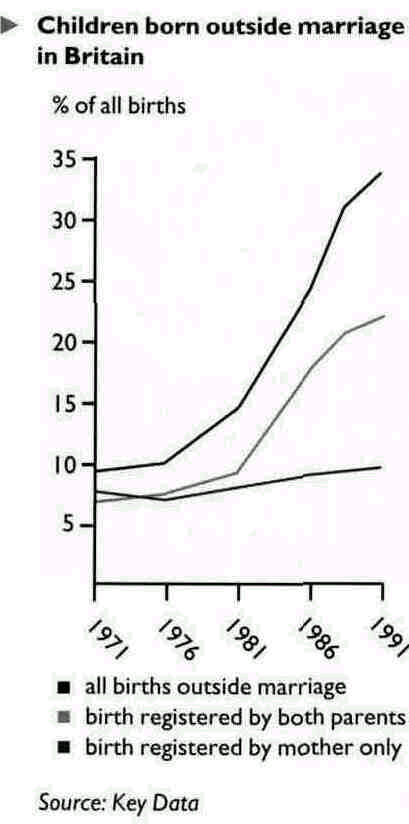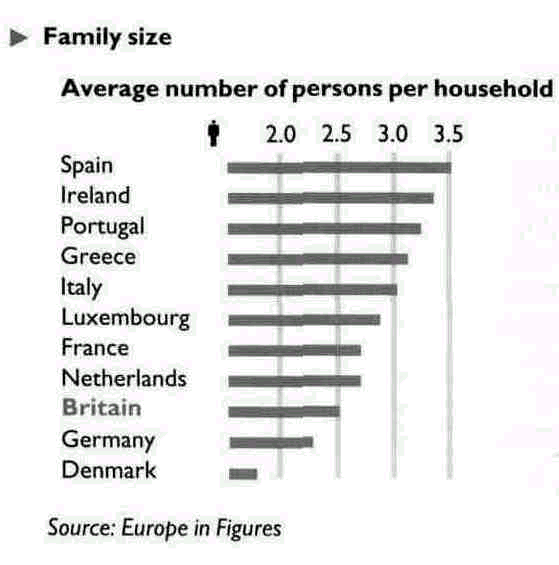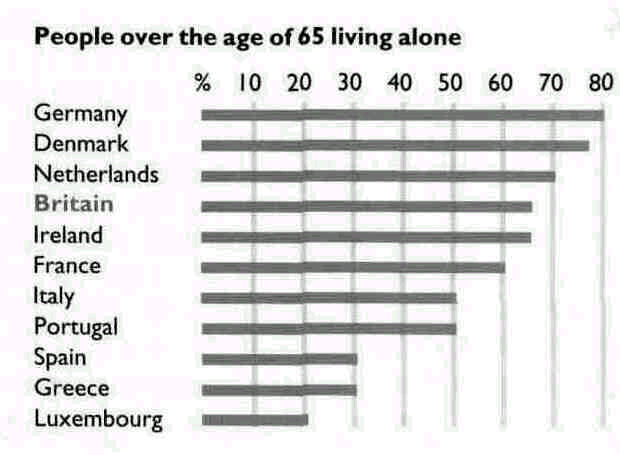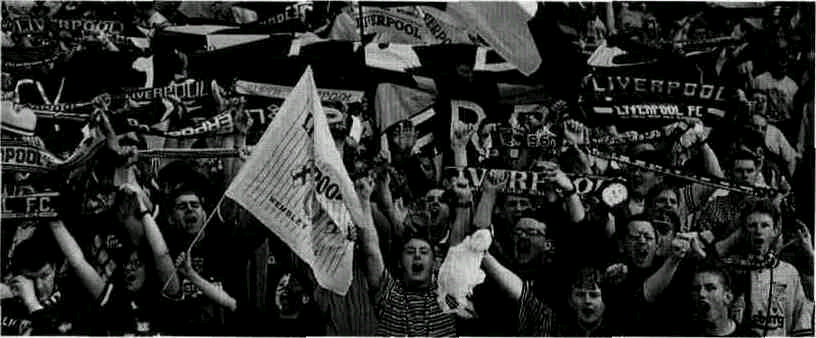
- •20 Food and drink 184
- •21 Sport and competition 191
- •23 Holidays and special 208 occasions
- •Introduction
- •10 I Country and people
- •12 I Country and people
- •14 I Country and People
- •2 History
- •16 2 History
- •18 2 History
- •It was in this period that Parliament began its gradual evolution into the democratic body which it is today. The word 'parliament',
- •20 2 History
- •22 2 History
- •24 2 History
- •26 2 History
- •28 2 History
- •30 2 History
- •32 3 Geography Climate
- •It was in Britain that the word 'smog' was first used (to describe a
- •36 3 Geography
- •38 3 Geography
- •40 3 Geography
- •Part of Snowdonia National Park
- •4 Identity
- •44 4 Identity
- •IrroubleatLllangybi
- •46 4 Identity
- •48 4 Identity
- •50 4 Identity
- •52 4 Identity
- •54. 4 Identity
- •5 Attitudes
- •58 5 Attitudes
- •60 5 Attitudes
- •62 5 Attitudes
- •64 5 Attitudes
- •66 5 Attitudes
- •In the history of British comedy,
- •6 Political life
- •68 6 Political life
- •70 6 Political life
- •72 6 Political life
- •74 6 Political life
- •6 Political life
- •78 7 The monarchy
- •The reality
- •84 8 The government
- •86 8 The government
- •88 8 The government
- •In comparison with the people of
- •9 Parliament
- •92 9 Parliament
- •94 9 Parliament
- •96 9 Parliament
- •100 10 Elections
- •102 10 Elections
- •104 10 Elections
- •I've messed up my life
- •Serb shelling halts un airlift
- •2 January is also a public holiday in
- •Identity 42—55
- •Illustrations by:
46 4 Identity

In comparison with most other places in the world, family identity is rather weak in Britain, especially in England. Of course, the family unit is still the basic living arrangement for most people. But in Britain this definitely means the nuclear family. There is little sense of extended family identity, except among some racial minorities. This is reflected in the size and composition of households. It is unusual for adults of different generations within the family to live together. * The average number of people living in each household in Britain is lower than in most other European countries. The proportion of elderly people living alone is similarly high (> Family size).
Significant family events such as weddings, births and funerals are not automatically accompanied by large gatherings of people. It is still common to appoint people to certain roles on such occasions, such as 'best man' at a wedding, or godmother and godfather when a child is born. But for most people these appointments are of sentimental significance only. They do not imply lifelong responsibility. In fact, family gatherings of any kind beyond the household unit are rare. For most people, they are confined to the Christmas period.
Even the stereotyped nuclear family of father, mother and children is becoming less common. Britain has a higher rate of divorce than anywhere else in Europe except Denmark and the proportion of children born outside marriage has risen dramatically and is also one of the highest (about a third of all births) (> Children born outside marriage in Britain). However, these trends do not necessarily mean that the nuclear family is disappearing. Divorces have increased, but the majority of marriages in Britain (about 55%) do not break down. In addition, it is notable that about three-quarters of all births outside marriage are officially registered by both parents and more than half of the children concerned are born to parents who are living together at the time.


Geographical identity 47
Geographical
identity A
sense of identity based on place of birth is, like family identity,
not very common or strong in most parts of Britain — and perhaps
for the same reason. People are just too mobile and very few live
in the same place all their lives. There is quite a lot of local
pride, and people find many opportunities to express it. This
pride, however, arises because people are happy to live in what
they consider to be a nice place and often when they are fighting
to preserve it. It does not usually mean that the people of a
locality feel strongly that they belong to that place.
A sense of identity with a larger geographical area is a bit
stronger. Nearly everybody has a spoken accent that identifies them
as coming from a particular large city or region. In some cases
there is quite a strong sense of identification. Liverpudlians
(from Liverpool), Mancunians (from Manchester), Geordies (from
the Newcastle area) and Cockneys (from London) are often proud to
be known by these names (l> What is a Cockney?). In other cases,
identity is associated with a county. These are the most ancient
divisions of England. Although their boundaries and names do not
always conform to the modern arrangement of local government (see
chapter 6), they still claim the allegiance of some people.
Yorkshire, in the north of England, is a notable example. Another
is Cornwall, in the south-west corner of England. Even today, some
Cornish people still talk about 'going to England' when they cross
the county border - a testament to its ethnic Celtic history.
Many English people see themselves as either 'northerners' or
'southerners'. The fact that the south is on the whole richer than
the north, and the domination of the media by the affairs of London
and the south-east, leads to resentment in the north. This
reinforces the pride in their northern roots felt by many
northerners, who, stereotypically, see themselves as tougher, more
honest and warmer-hearted than the soft, hypocritical and
unfriendly southerners. To people in the south, the stereotypical
northerner (who is usually male) is rather ignorant and uncultured
and interested only in sport and beer-drinking.
>
What is a Cockney?
Traditionally, a true Cockney
is anybody born within the sound of Bow bells (the bells of the
church of St Mary-le-Bow in the East End of London). In fact, the
term is commonly used to denote people who come from a wider
area of the innermost eastern suburbs of London and also an
adjoining area south of the Thames.
'Cockney' is also used to
describe a strong London accent and, like any such local accent, is
associated with working-class origins.
A feature of Cockney speech
is rhyming slang, in which, for example, 'wife' is referred to as
'trouble and strife', and
'stairs' as
'apples and pears' (usually
shortened to 'apples'). Some rhyming slang has passed into general
informal British usage; some
examples are 'use your loaf, which means 'think' (from 'loaf of
bread' = 'head') and "have a butcher's', which means
'have a look' (from ' butcher
s hook' = 'look').

Regional identity is often felt strongly at sporting events such as football matches
